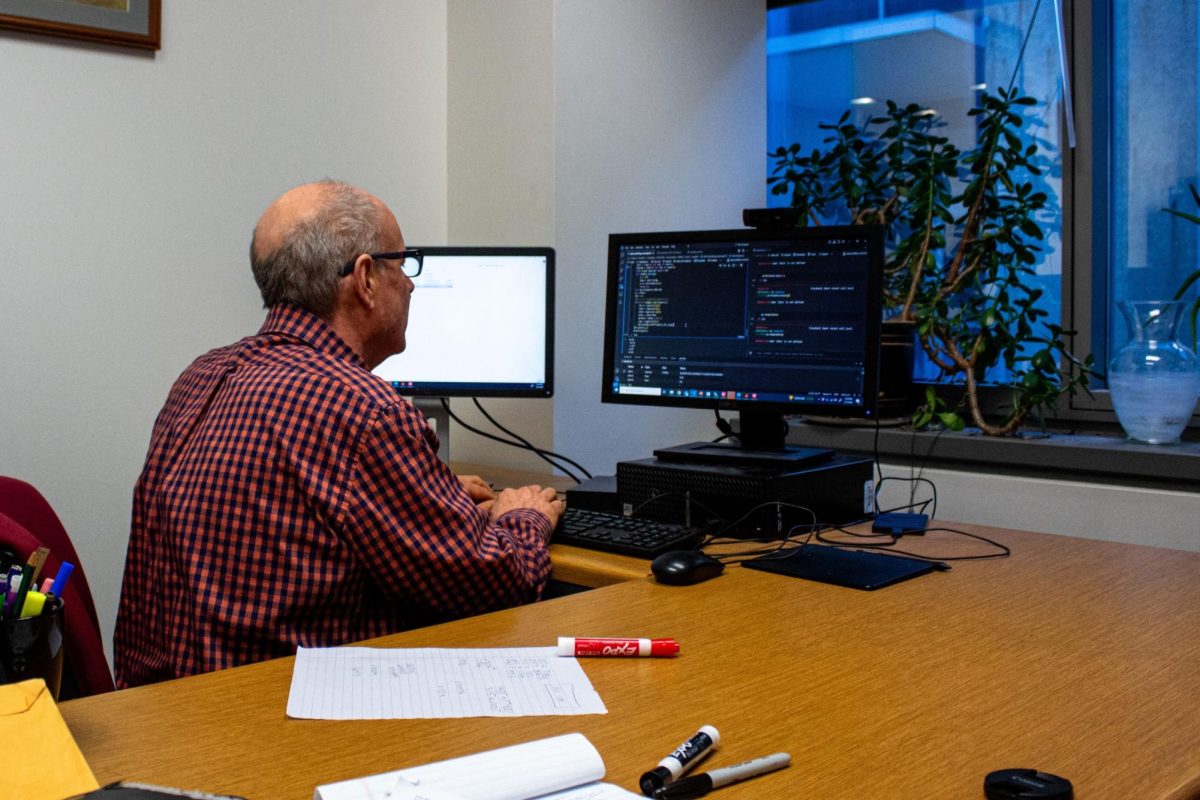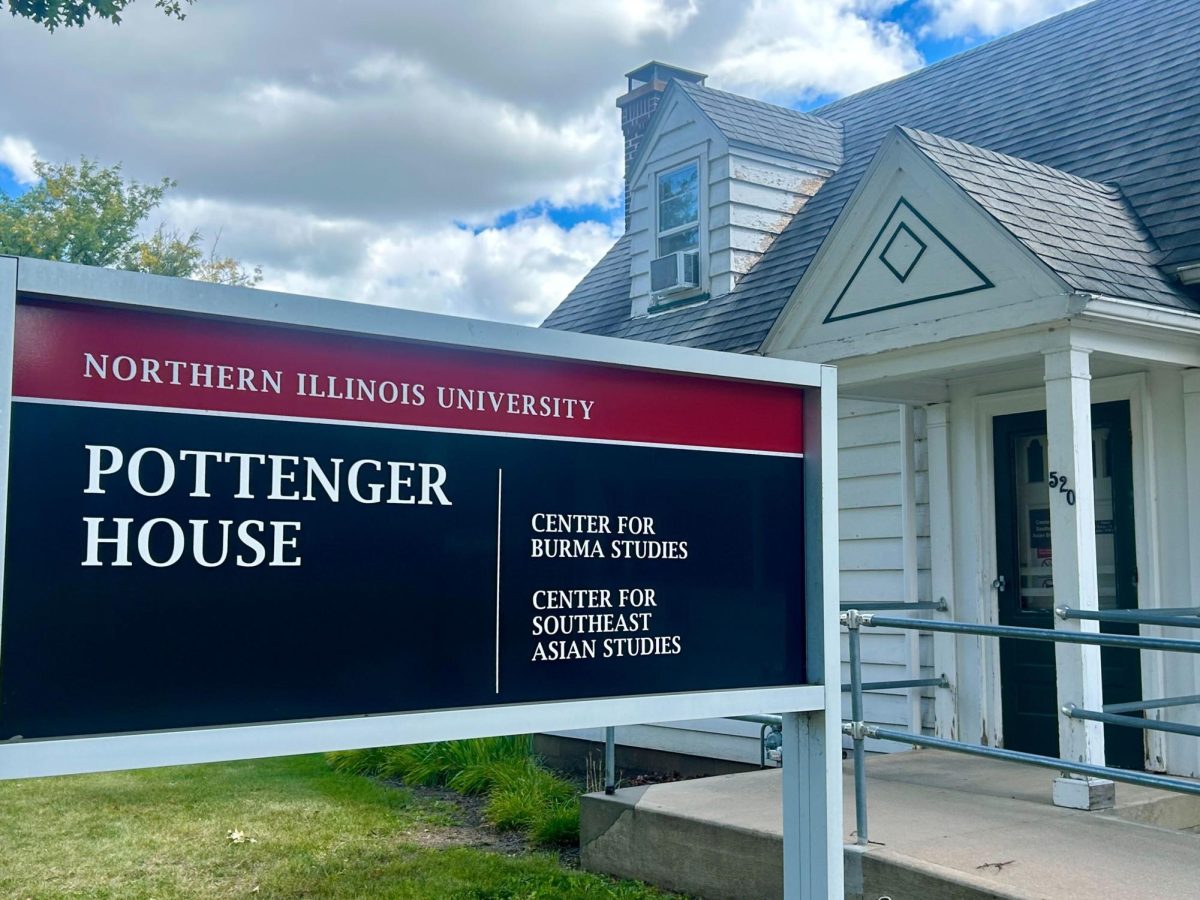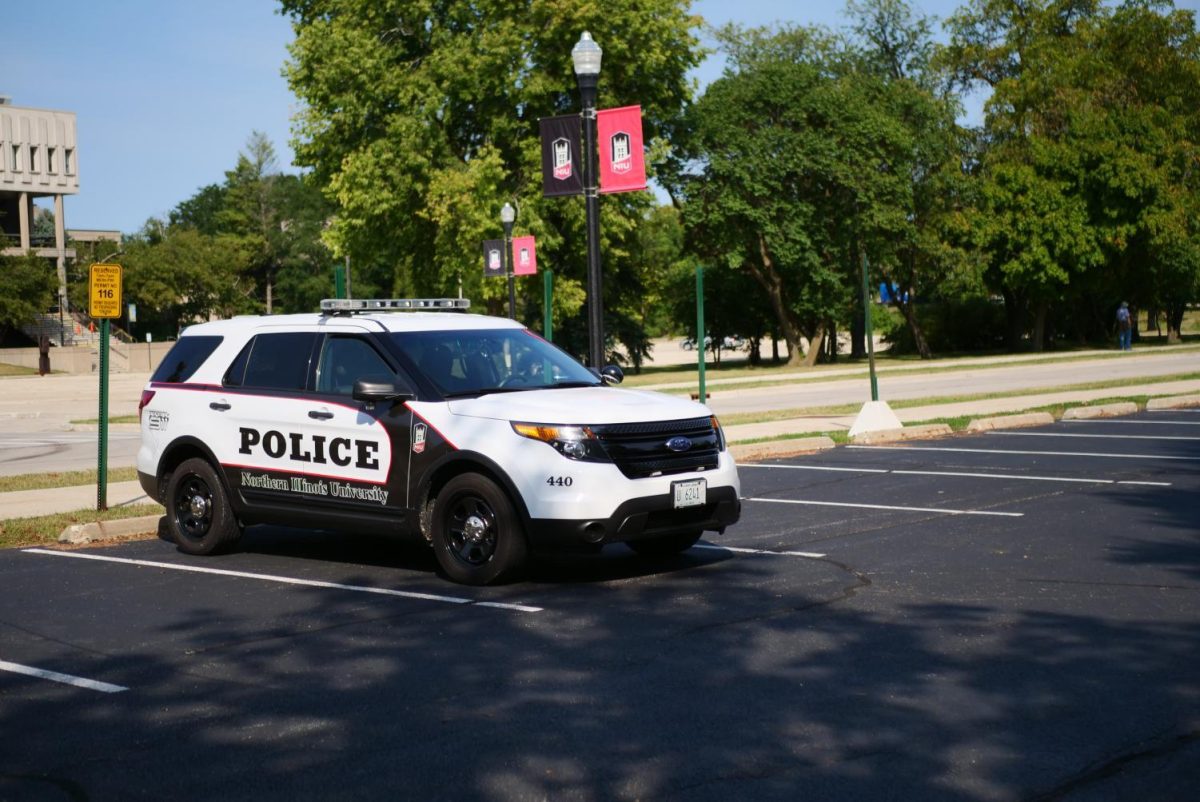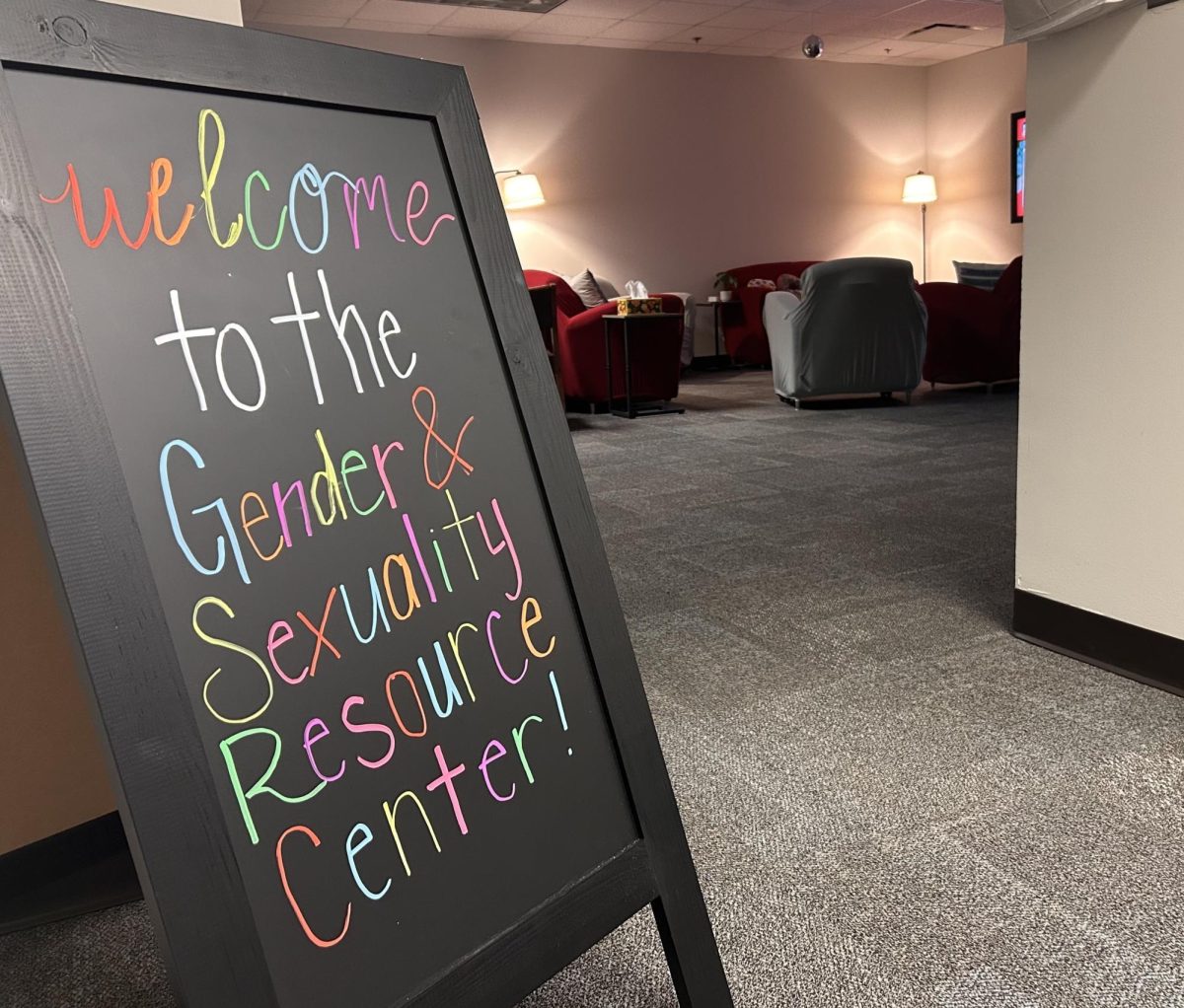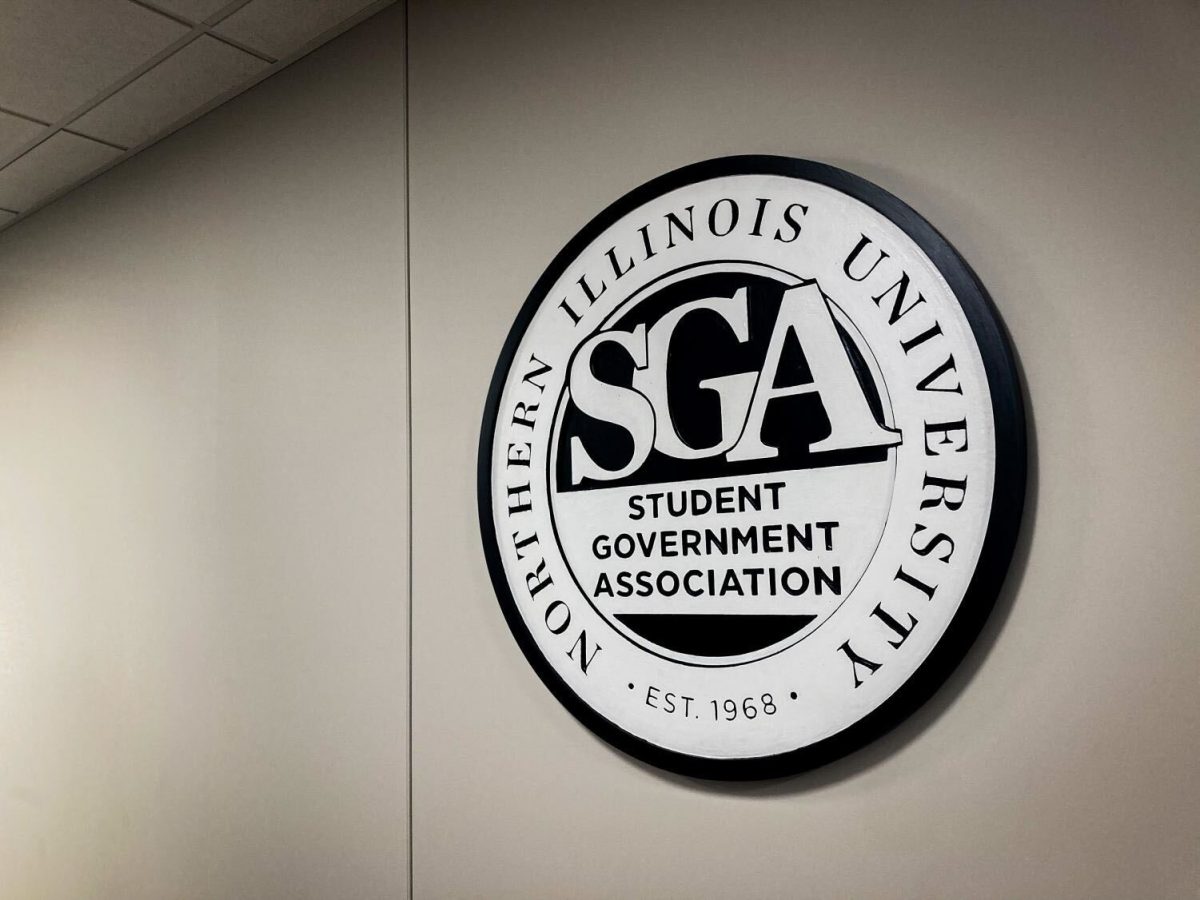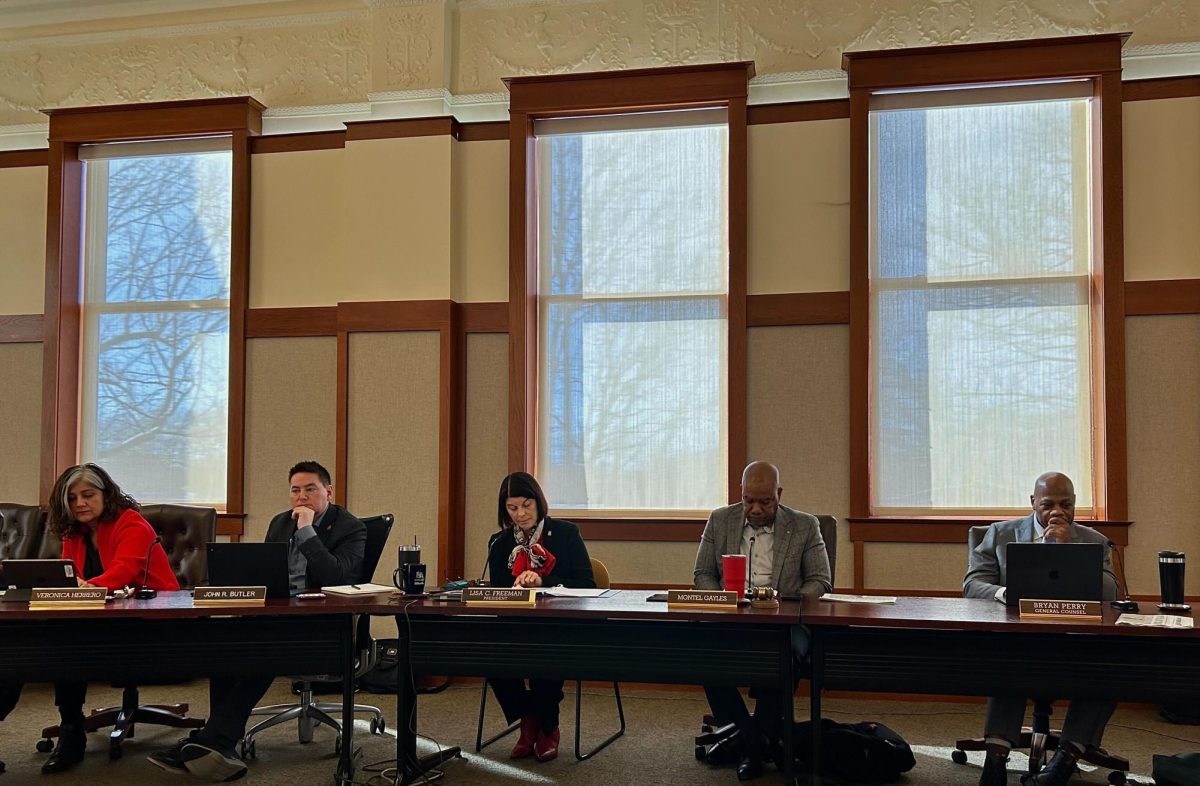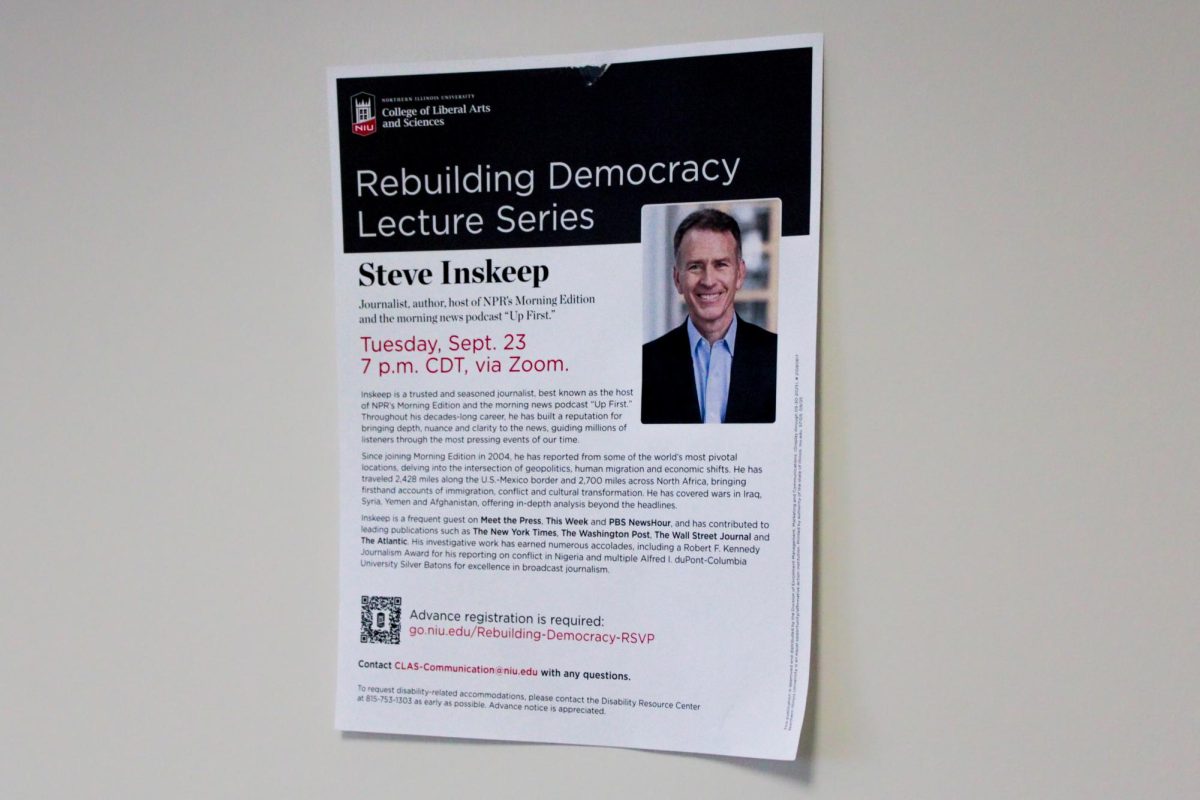DeKALB – Artificial Intelligence is beginning to enter Blackboard for professors with monthly updates from the website to turn time-consuming tasks into time-efficient tasks.
Northern Illinois University’s professors and students use the Blackboard website for coursework and classes everyday. Professors create modules, outline syllabi, post assignments and more.
“The AI design assistant was announced in July of 23 by Blackboard,” said Stephanie Richter, director of teaching excellence and support in the center for innovative teaching and learning. “They then made it available to schools who are blackboard clients in August at no cost.”
Blackboard implemented this AI feature for professors and teaching staff at NIU. The Center for Innovative Teaching and Learning began conducting focus groups during fall 2023.
“We conducted focus groups in the fall semester with faculty to get their sense of comfort and familiarity with Artificial Intelligence,” said Richter. “We gave demos of the tools to find out what concerns they had, what level of interest there was because we wanted to take a really thoughtful approach to how we explore the tool and whether we make it available to all faculty.”
The overall response to these focus groups was positive, so the CITL took the program a step further by implementing a pilot program.
“Anyone who can sign up for the pilot who is a faculty member, tenure track to instructional and adjunct instructors,” Richter said. “Graduate teaching assistants can sign up as well if they have supervising faculty members approval. Right now we have 75 people who have signed up for the pilot.”
At this time, faculty members are the only NIU group that have access to the AI program. Faculty members are able to sign up to use the pilot program at any time.
“I volunteered for the AI pilot program, and the AI pilot program in Blackboard gives you access to about seven different features.” said Andrea Guzman, associate professor in the department of communications and AI researcher. “So some of the features include access to images, an image database. Some of the features allow you to make AI images. Some of the features allow you to use AI to make suggestions about setting up course modules, and then some of the features include things such as assisting with rubrics. It can also be used to generate suggestions for discussions or questions ideas in a very limited sense.”
The AI system is updated monthly through Blackboard, so new features are added constantly. With the pilot system, there are very limited capabilities for NIU faculty. In future, the program may be opened to the entire NIU population.
“I don’t want AI on Blackboard because I feel like students will find a way to abuse it or it won’t be beneficial or helpful,” said Tashique Lawrence, a sophomore psychology student at NIU.
AI is an ever-changing system with new discoveries changing the way AI operates.
“We know that artificial intelligence is susceptible to bias, hallucinations and misinformation,” Ritcher said. “So one of the things I really like about this tool is that the Artificial Intelligence isn’t really doing anything; it is providing a suggestion that I decide as a faculty member if I want to use or not use. It really keeps the humans in control aspect one of the primary elements of using the AI.”
Programs made for faculty members, including this program, are meant to be helpful and make tasks easier. However, staff members have concerns on whether the AI will be taking over created assignments, rubrics, and any other tasks the AI could be used for.
“Humans and AI should work together,” Guzman said. “We don’t want people handing off their tasks to AI, and people don’t want AI taking over all their tasks. They want a technology, like any technology, to help them achieve what they’re doing.”
While AI is being implemented at NIU, it is only open to part of the NIU population. With the monthly updates that Blackboard releases, the program is constantly changing and evolving. At theCenter for Innovative Teaching and Learning, the employees are looking into ways to transform higher education into a more technologically diverse society.


